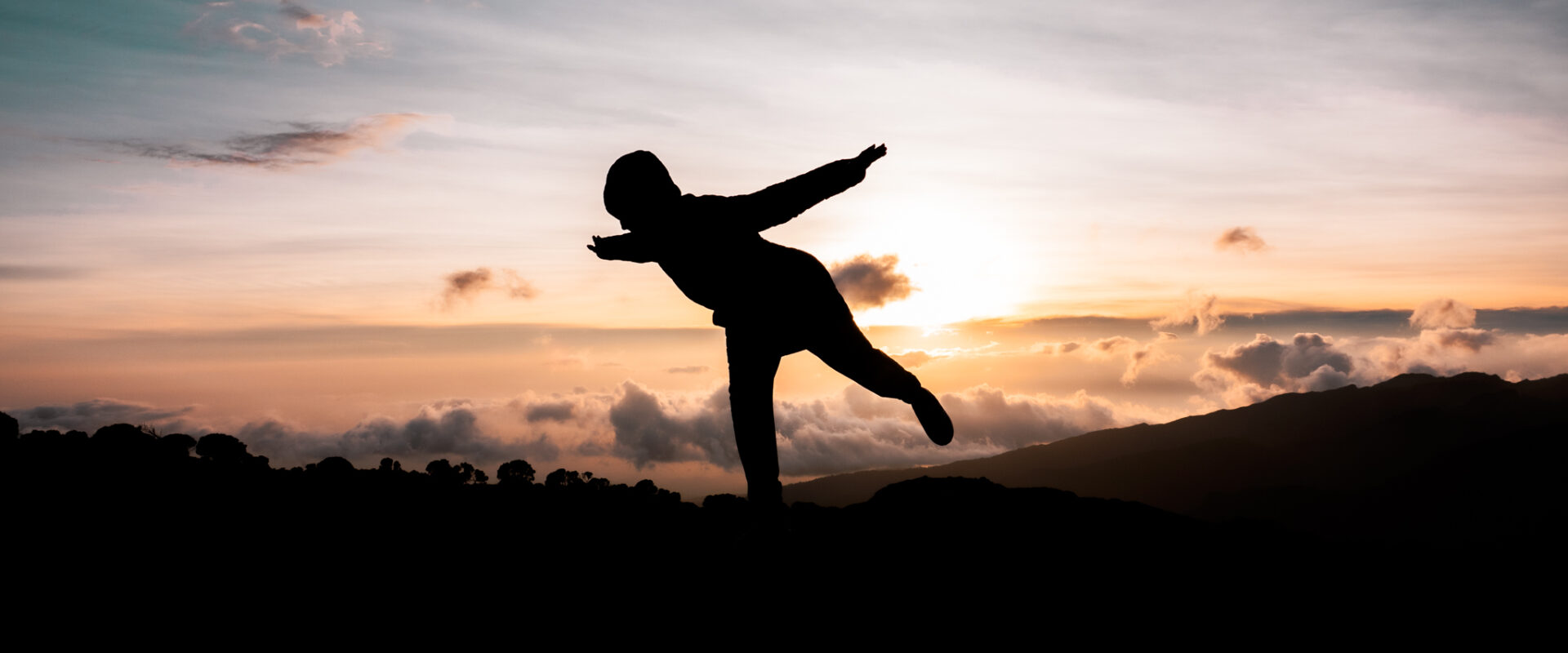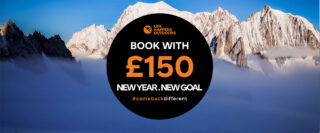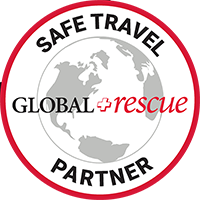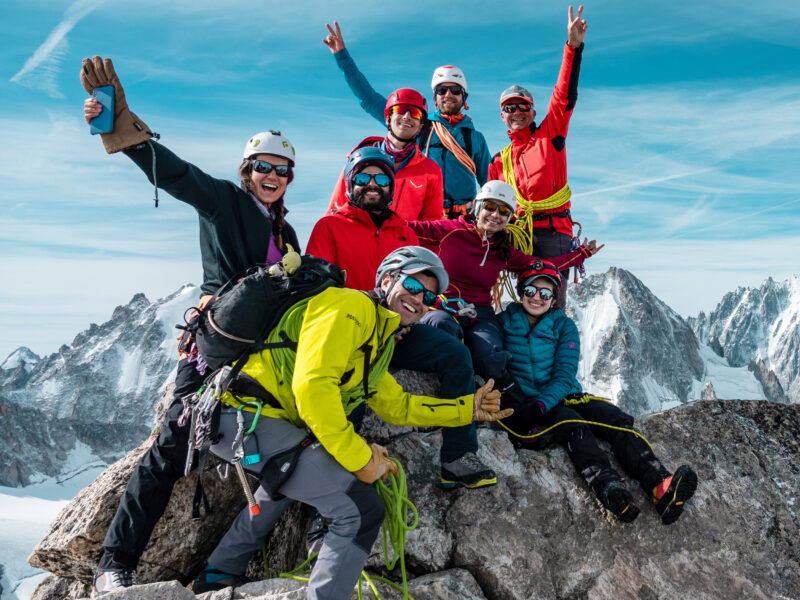BY Hazem El Shamy | March 05 2025
Can a Beginner Climb Kilimanjaro?

Climbing Mount Kilimanjaro, Africa’s highest peak, has an almost mythical allure. Standing at 5,895 meters (19,341 feet), it’s a challenge that calls out to adventurers worldwide. But what if you’re a beginner? Can someone with no prior mountaineering experience make it to the summit? The short answer: absolutely! However, success depends on preparation, mindset, and a few key factors.
The Trekking Reality: No Technical Climbing Required
Unlike mountains that require ropes, harnesses, and technical climbing skills, Kilimanjaro is a trek, not a climb in the traditional sense. That means no ice axes, no rock faces, and no vertical ascents. Instead, it’s a long and steady uphill walk through multiple climate zones, from lush rainforests to alpine deserts and an arctic summit.
That said, don’t let the word “walk” fool you—this is not a casual hike. It’s a demanding, multi-day trek at high altitude, requiring endurance, determination, and the right preparation.
The Altitude Challenge
The biggest challenge on Kilimanjaro isn’t the distance or steepness—it’s the altitude. As you ascend, the air gets thinner, and oxygen levels drop. This can lead to altitude sickness, which affects even the fittest climbers. The key to success? Acclimatization.
Choosing a route such as the Machame allows for gradual altitude gain, giving your body time to adjust. The slower you go, the better your chances of avoiding altitude sickness and reaching the summit.
Fitness Preparation: Do You Need to Be an Athlete?
You don’t need to be an ultra-marathon runner to climb Kilimanjaro, but you do need a solid level of fitness. Training should focus on:
- Endurance: Long hikes with a loaded backpack to simulate trek conditions.
- Strength: Leg and core exercises to prepare for steep ascents and long walking days.
- Cardio: Activities like running, cycling, or stair climbing to improve lung capacity and stamina.
- Mental Toughness: Climbing Kilimanjaro is as much a mental challenge as a physical one. The final summit push can be exhausting, and having the mental grit to keep going is crucial.
Choosing the Right Route and Guide
One of the most important factors in a beginner’s success is choosing the right route and an experienced guide. There are several routes up Kilimanjaro, each with different difficulty levels and acclimatization profiles.
Equally important is selecting a reputable trekking company. A good guide will monitor your health, pace the climb properly, and provide the encouragement you need when the going gets tough.
What to Expect on the Summit Night
The toughest part of the journey is summit night. You’ll start trekking in the dark, often around midnight, to reach the summit at sunrise. The air is freezing, the altitude is draining, and every step feels heavier than the last. But when you finally reach Uhuru Peak and watch the sun rise over the vast African landscape, the exhaustion fades into exhilaration. You did it!
So, Can a Beginner Climb Kilimanjaro?
Yes! With the right preparation, the right mindset, and a reliable trekking company, even a beginner can reach the top of Africa. Kilimanjaro is not about technical skills—it’s about endurance, patience, and determination. If you’ve ever dreamed of standing on the Roof of Africa, don’t let inexperience hold you back. Start training, choose the right route, and take the first step toward the adventure of a lifetime!
Climb on!
About The Author
Hazem is an avid high altitude mountaineer and adventurer that has helped lead hundreds of climbers to summits across the Himalayas, Andes, Atlas, and Caucus mountain ranges. He believes that inspiration is best served on a sharp ridge 6000 meters up in the sky, and is committed to making big mountain goals more achievable to the everyday climber.
About Life Happens Outdoors
At Life Happens Outdoors, we believe in the power of nature to transform lives. As proud members of the Adventure Travel Trade Association (ATTA) and the World Travel & Tourism Council (WTTC), our team of certified guides and outdoor professionals is committed to the highest standards of safety, sustainability, and excellence.
Discover more about our story and mission on our Meet LHO page, or explore our curated adventures such as the Tour du Mont Blanc Trek, the Climb of Kilimanjaro, and Chasing the Northern Lights.















